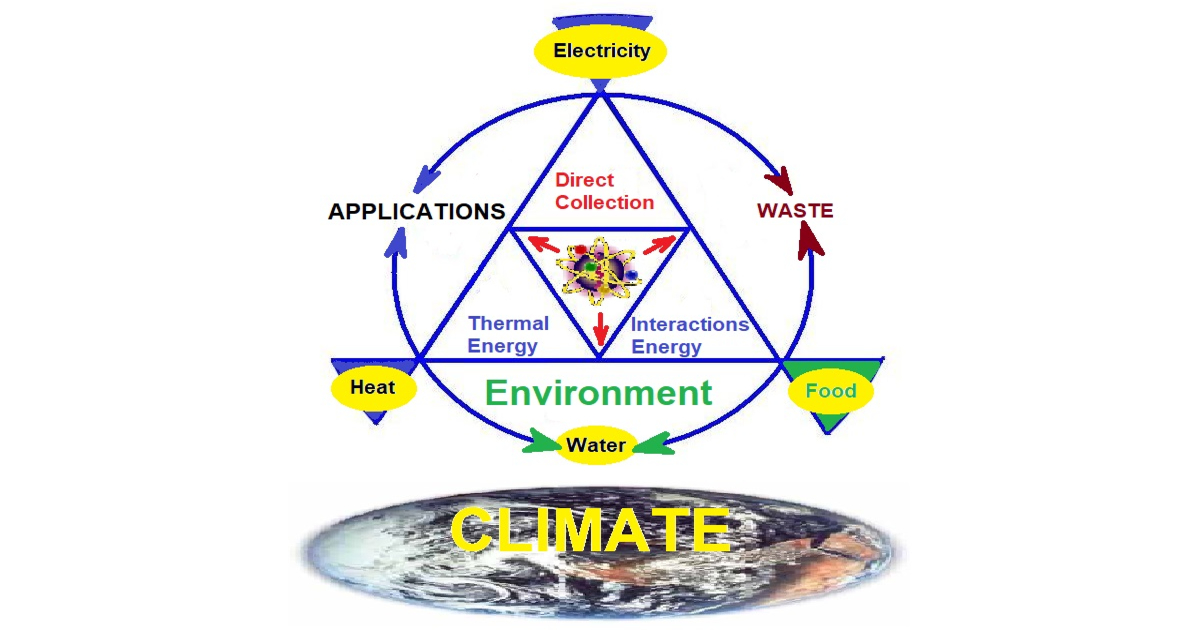Nuclear Energy Conversion Systems
A special issue of Energies (ISSN 1996-1073). This special issue belongs to the section "B4: Nuclear Energy".
Deadline for manuscript submissions: closed (31 December 2021) | Viewed by 6387

Special Issue Editor
Interests: system analysis and optimization methods; complex engineered systems; system design; symbiotic nuclear energy systems; waste minimization; sustainability; advanced nuclear reactors, direct nuclear energy conversion systems
Special Issue Information
Dear Colleagues,
I am pleased to announce our intent to publish a Special Issue on advancements in nuclear energy conversion systems. We are seeking contributions on all aspects of the development, design, analysis, and applications of nuclear energy conversion systems. Papers on fission and fusion systems and relevant energy conversion approaches and systems are welcome. Papers on induced and spontaneous reactions as an energy source and the relevant energy conversion methods are welcome. We would like to see papers on a broad range of nuclear energy conversion topics from energy sources, such as induced and spontaneous nuclear reactions, radioactive decay, fusion and fission, to conventional energy conversion approaches to novel energy conversion approaches such as direct nuclear energy conversion. We welcome papers on energy conversion technologies as well as on design and analysis methods including optimization strategies and attainable efficiencies. Applications and environmental impact of various energy conversion technologies are within the scope of this Special Issue as well.
Prof. Dr. Pavel Tsvetkov
Guest Editor
Manuscript Submission Information
Manuscripts should be submitted online at www.mdpi.com by registering and logging in to this website. Once you are registered, click here to go to the submission form. Manuscripts can be submitted until the deadline. All submissions that pass pre-check are peer-reviewed. Accepted papers will be published continuously in the journal (as soon as accepted) and will be listed together on the special issue website. Research articles, review articles as well as short communications are invited. For planned papers, a title and short abstract (about 100 words) can be sent to the Editorial Office for announcement on this website.
Submitted manuscripts should not have been published previously, nor be under consideration for publication elsewhere (except conference proceedings papers). All manuscripts are thoroughly refereed through a single-blind peer-review process. A guide for authors and other relevant information for submission of manuscripts is available on the Instructions for Authors page. Energies is an international peer-reviewed open access semimonthly journal published by MDPI.
Please visit the Instructions for Authors page before submitting a manuscript. The Article Processing Charge (APC) for publication in this open access journal is 2600 CHF (Swiss Francs). Submitted papers should be well formatted and use good English. Authors may use MDPI's English editing service prior to publication or during author revisions.
Keywords
- Fission energy
- Fusion energy
- Radioactive decay
- Spontaneous reactions
- Induced reactions
- Energy conversion
- Energy products
- Thermodynamic cycles
- Process heat applications
- Energy conversion efficiency
- Nuclear energy systems
- Heat rejection
- Direct energy conversion
Benefits of Publishing in a Special Issue
- Ease of navigation: Grouping papers by topic helps scholars navigate broad scope journals more efficiently.
- Greater discoverability: Special Issues support the reach and impact of scientific research. Articles in Special Issues are more discoverable and cited more frequently.
- Expansion of research network: Special Issues facilitate connections among authors, fostering scientific collaborations.
- External promotion: Articles in Special Issues are often promoted through the journal's social media, increasing their visibility.
- e-Book format: Special Issues with more than 10 articles can be published as dedicated e-books, ensuring wide and rapid dissemination.
Further information on MDPI's Special Issue policies can be found here.





